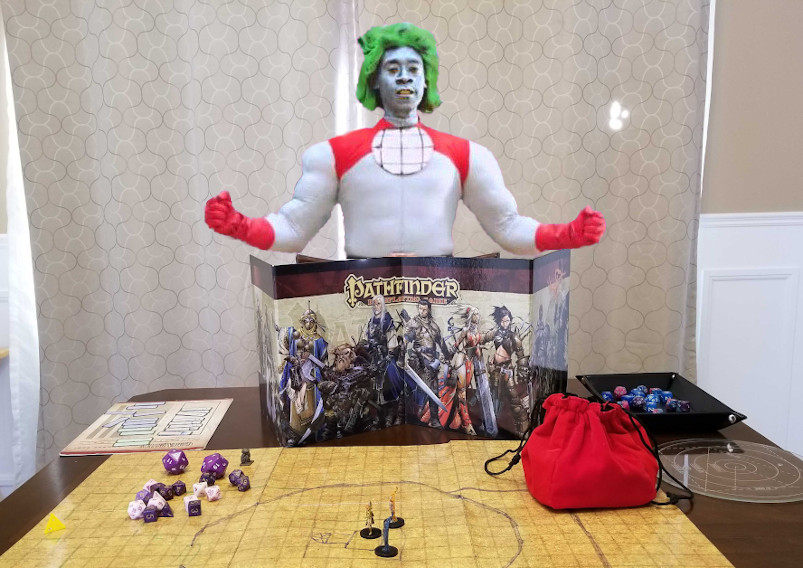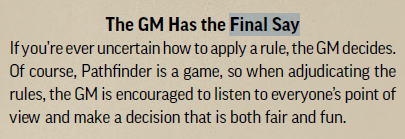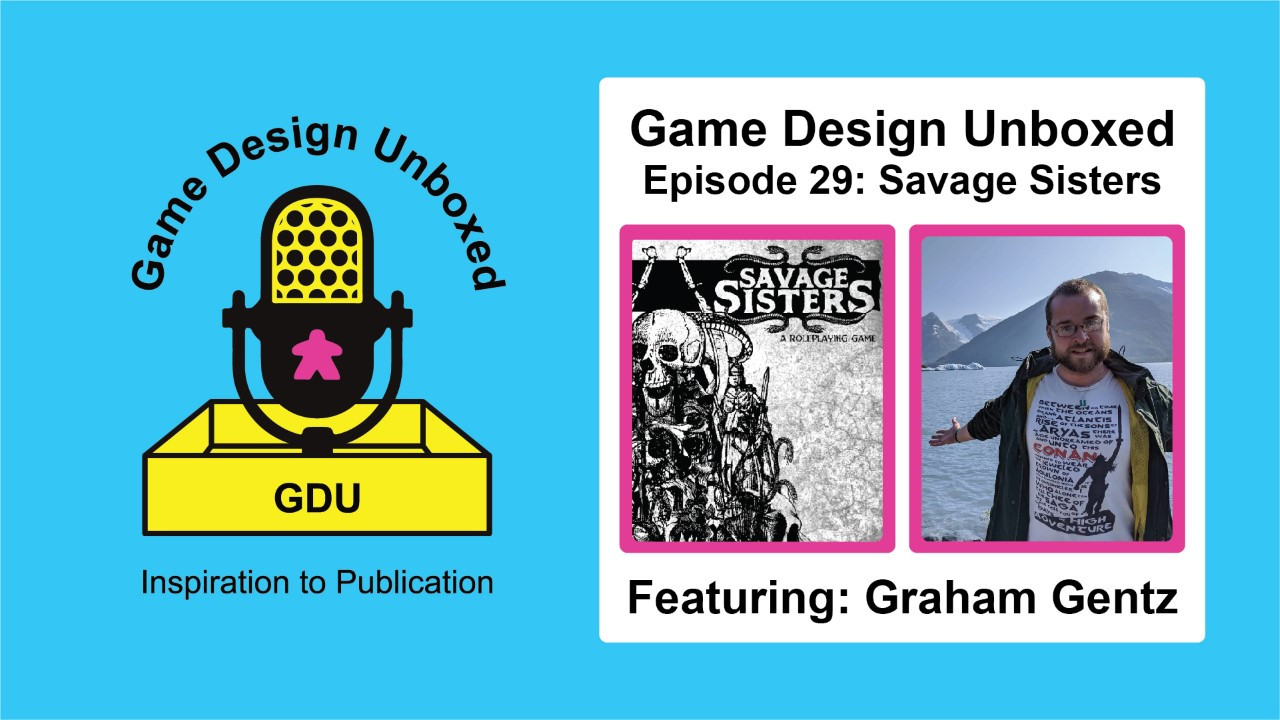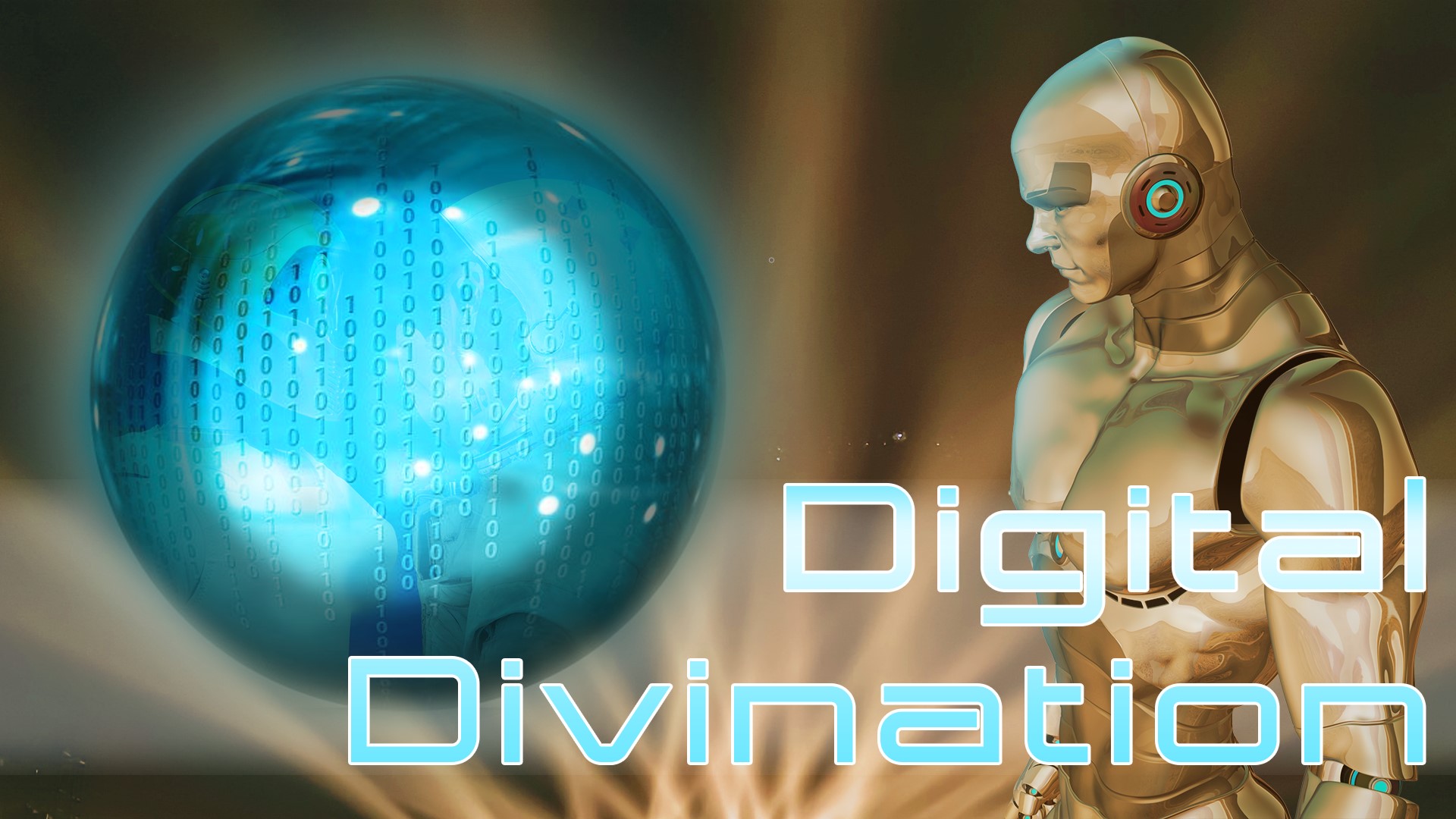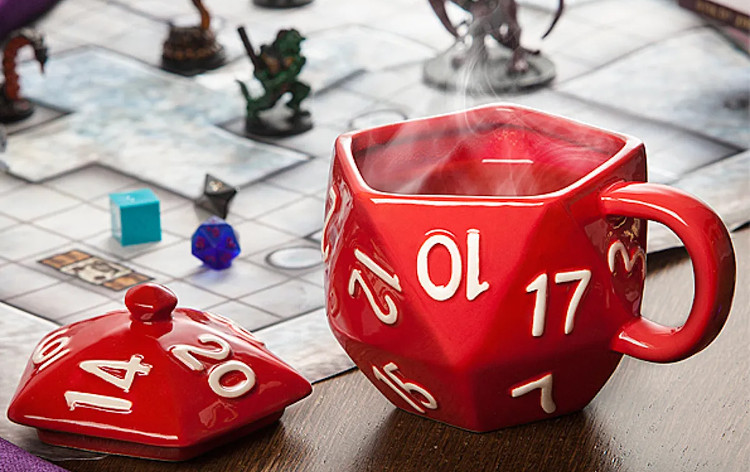RPG memes love to cast the GM as the victim of player decisions. In these memes, we’re frustrated that players went off on tangents with NPCs, bamboozled by unexpected player comments, vexed by powerful builds, and annoyed by silliness.
But these memes are to us as jesters are to royalty: a clever commoner trying to understand the perspective of the mightiest people in their lives. Sure, we can relate to some of these meme. However, they focus on the minority of situations in which we find ourselves powerless. In truth, being a Game Master means wielding the most influence at the table, in more ways than many GMs even realize.
The Basics of Game Mastery
Part 2. By The Power of Game Mastery
Role Playing Games run on collaborative storytelling, but as we discussed in part 1 of my series on The Basics of Game Mastery, no story gets told without us acting as narrator and rules referee in order to facilitate the fun at the table. To continue the series, I’m here to tell you that you have the power, my fellow GMs.
The GM Has the Final Say
At any time during a session, we can make the encounters easier or harder. We can set the tone lighter or darker. We can make the rules matter more or less. We can stick to our plans or go in new directions. It’s generally seen as disruptive when a player deviates from the path we lay out, but it’s accepted and even expected for us to surprise our players. It’s not just a suggestion that we can adjudicate the rules as we see fit, my fellow GMs. The rules of most RPGs specifically say so. For example, on page 444 of the Pathfinder 2e Core Rulebook:
I’ve been tongue-in-cheek about our omnipotence throughout this piece so far, but our rules-given ability to overrule the rules plays an important part in our role at the table. To facilitate fun, we need the flexibility to pivot based on how we read the table. I see a lot of examples about players having a hard day and needing a win, but I find this comes up regularly, but subtly. A table’s tolerance for and interest in spending time on rules minutia is so baked into the group’s DNA, your players might not understand that you’re exercising your right to hand wave (or to not hand wave) whenever a dispute comes up.
Some take joy in learning about corner cases, (in)famous rules ambiguities, and exploitable options. Others need the lawful satisfaction of getting a ruling right. Conversely, some players want nothing to do with mid-session mechanic dissections, or they don’t want to stop for an out of character discussion and lose momentum. We get to decide how much to indulge Player Types A & B at Player Types C & D’s expense, and vice versa.
We Are Their Experience
Note how I shifted the tone of the article in the previous section. It was all hyperbole and animation references, until I wanted to make sure my point drove home. That’s another aspect of our power, my fellow GMs. How we run our table directly impacts what the players get out of it.
I regret a call I made as a GM years ago that, at the time, didn’t even feel like I was making a call. Tina’s fairy bard, Wendel, cast permanent image in a shop, specifically expressing her interest in entertaining the town children. Matt made a joke about the shopkeep getting tired of the image. I “yes, and”ed Matt, and had the shopkeep complain about the illusion the next time Wendel came back to town. Tina had Wendel dismiss it, reinforcing that she was just trying to make people happy. It was clear that Tina, not just her character Wendel, disliked how that played out.
Looking back, I wish I’d sided with Tina and run it as a pleasant little moment instead of getting a meaningless cheap laugh at her expense. There’s enough cynicism in the world, and I chose more instead of optimistic escapism.
Beyond narrative choices , how we present ourselves at the table sets the tone for player behaviour. Commitment to using character voices and taking the scenes seriously begets the same from our players. Likewise, when we slip in pop culture references or go into asides that the game reminds us of, we’re telling our players they can make references and asides. Neither of which is the wrong way to run a game. Just be aware that our decisions as GMs impact their experience as players.
Carrot/Stick
In Philosopher’s Stone, McGonagall punishes Gryffindor for Harry and Ron sneaking off, which is dangerous, but rewards them for beating a mountain troll, the danger they were punished for finding. The reward was greater than the punishment. It would be like if you got a speeding ticket and a cash reward for rad driving from the same cop. Would you keep speeding if the reward for doing so more than covered the penalty? Sure, why wouldn’t you.
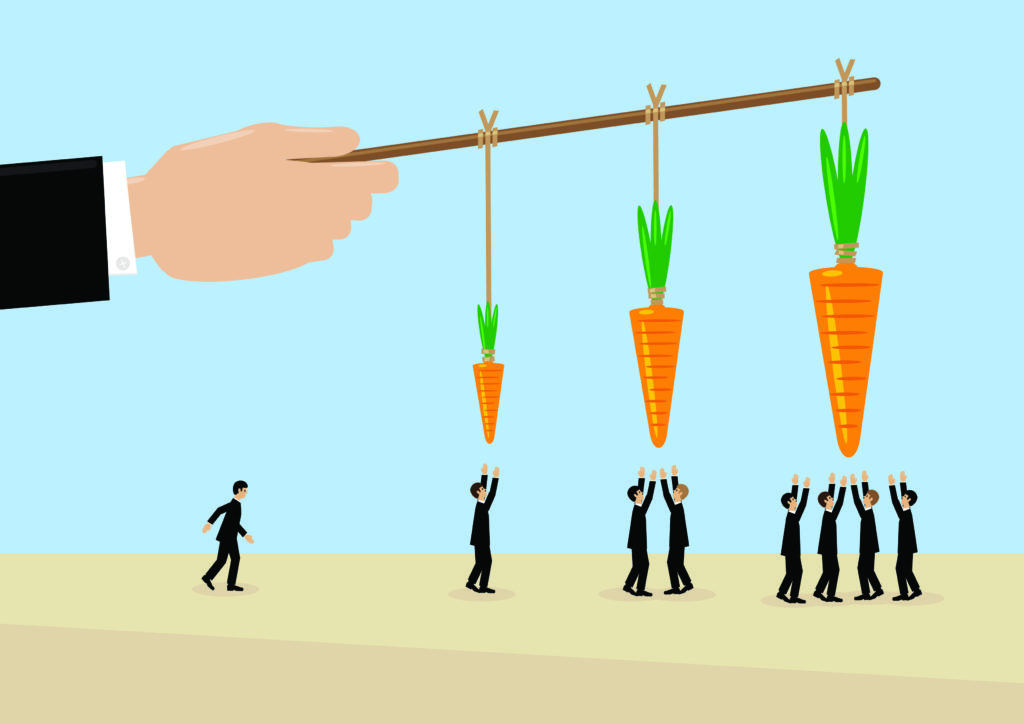
Incentives drive human behaviour. How we reward what our players do dictates what to expect from them. If you don’t want them grinding for XP in their downtime, don’t play out their hunting trip. If you want the wallflower to roleplay more, don’t break character to marvel at how rare it is for them to speak in character.
I liked how Will handled it when he GMed a session I played in. The players were in a tactically futile position (frustrating from the perspective of players who want to advance the game, but completely logical from the NPC villain’s perspective, another balance we need to keep in mind as GMs, as an aside). Jeffrey had his gnome, Abernathy, blurt out to the NPC “We’re you from the future.” We burst out laughing at the bizarre comment and Will let it play out, generously favouring Jeffrey’s plan. However, after the scene ended, Will let Jeffrey know that in the future, he would run closer to the rules. Basically, he told Jeffrey that cleverness got him a win, not an I Win button.
A popular tool added to Pathfinder in its second edition that lets GMs reward players is Hero Points. Although the Core Rulebook advices we give out Hero Points to PCs “performing heroic deeds—something selfless, daring, or beyond normal expectations,” I’ve previously suggested using Hero Points to reward whatever behaviour you want from your players. Engaged roleplaying, staying in character even when it means taking suboptimal actions, making everyone laugh, and taking notes are all worthy of Hero Points if that’s something you want to see more of at your table.
In Conclusion
There’s a lot of pressure on us, my fellow GMs, which is why it’s nice that the game empowers us so much. When these powers combine, we are unstoppable!
Next Time: Great Responsibility
Don’t do anything I wouldn’t do with that great power I opened your eyes to, because the next installment of The Basics of Game Mastery series covers using that power responsibly.
Every two weeks, Ryan Costello uses his experience as a Game Master, infused with popular culture references, to share his thoughts on best GMing practices to help his fellow GMs. Often deconstructing conventional wisdom and oft repeated GMing advice, he reminds his fellow GMs that different players play the game in different ways, and for different reasons.

